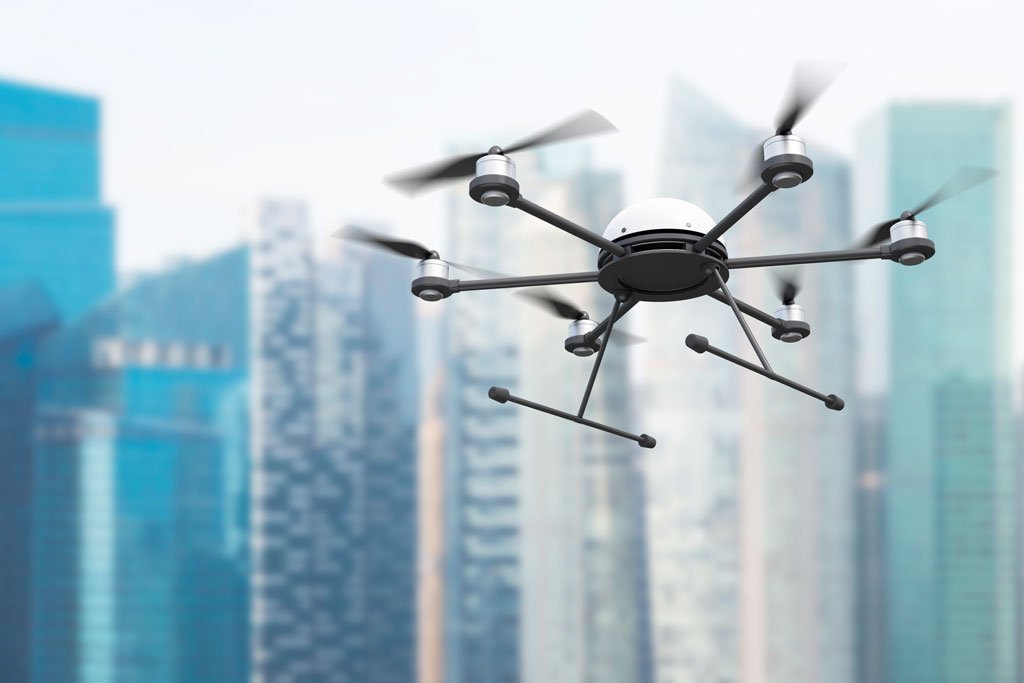In the last year, the purchase of drones as recreational-use devices by hobbyists has gone up 63 percent. Due to this staggering increase in such a short a period of time, it is safe to say that drones will not be going away anytime soon.
According to the Federal Aviation Administration (FAA), drones fall into three categories:
- model or hobby;
- non-model or commercial;
- public or governmental.
Let’s look at drones in the model or hobby category. A drone in that group is defined as an unmanned aircraft capable of sustained flight in the atmosphere, flown within a visual line of sight of the person operating the aircraft and for hobby or recreational purposes.
One of the main concerns the FAA has is the safe operation of drones. With this, the agency has developed rules and guidelines for this purpose, such as:
- Drones must be kept in the line of sight of the operator and clearly observable from their position on the ground.
- Hobbyists are advised not to fly in public places until they are confident that the model aircraft has been flight tested.
- Model aircraft should be flown below 400 feet above ground to avoid other aircraft in flight.
We recommend that you become familiar with these rules and guidelines and review the laws specific to the state you reside in, or any state in which you will be operating a drone.
Privacy laws represent another area of concern that could have legal repercussions. A drone, by itself, does not process personal data until you attach a video camera. It is important that when you use a drone, you respect other individuals’ reasonable expectation of privacy.
Does your homeowner’s policy offer protection if you find yourself in a legal situation? Is damage to your drone covered?
It is our recommendation that you check your insurance policy and discuss any coverage limitations with an insurance agent who specializes in serving affluent clientele. Research with our luxury carriers indicates that while the situation and potential for a claim is unique, the general stance is the following:
Aircraft exclusions are specific to planes carrying passenger/cargo. Remote-controlled aircraft and drones for personal use are therefore covered for run-of-the-mill accidents and are subject to other exclusions under the contract. For example, the intentional acts exclusion would apply if an insured were flying a drone near an airport, and it collided with another aircraft. Another exclusion would occur if someone were using a drone with a mounted camera to invade the privacy of another.
Coverage for the drone would be afforded under personal property coverage, subject to the standard deductible in the homeowner policy. This, of course, only applies if the drone is for personal use.
As in any situation where the use of a device might increase your liability risk, we advise that clients use extreme caution, understand their insurance coverage limitations and always consult their insurance agent. An annual review of your insurance program is highly recommended, in order to make sure that changes in your lifestyle are reflected in your coverage. When was the last time you scheduled a review or audit of your insurance program?
















